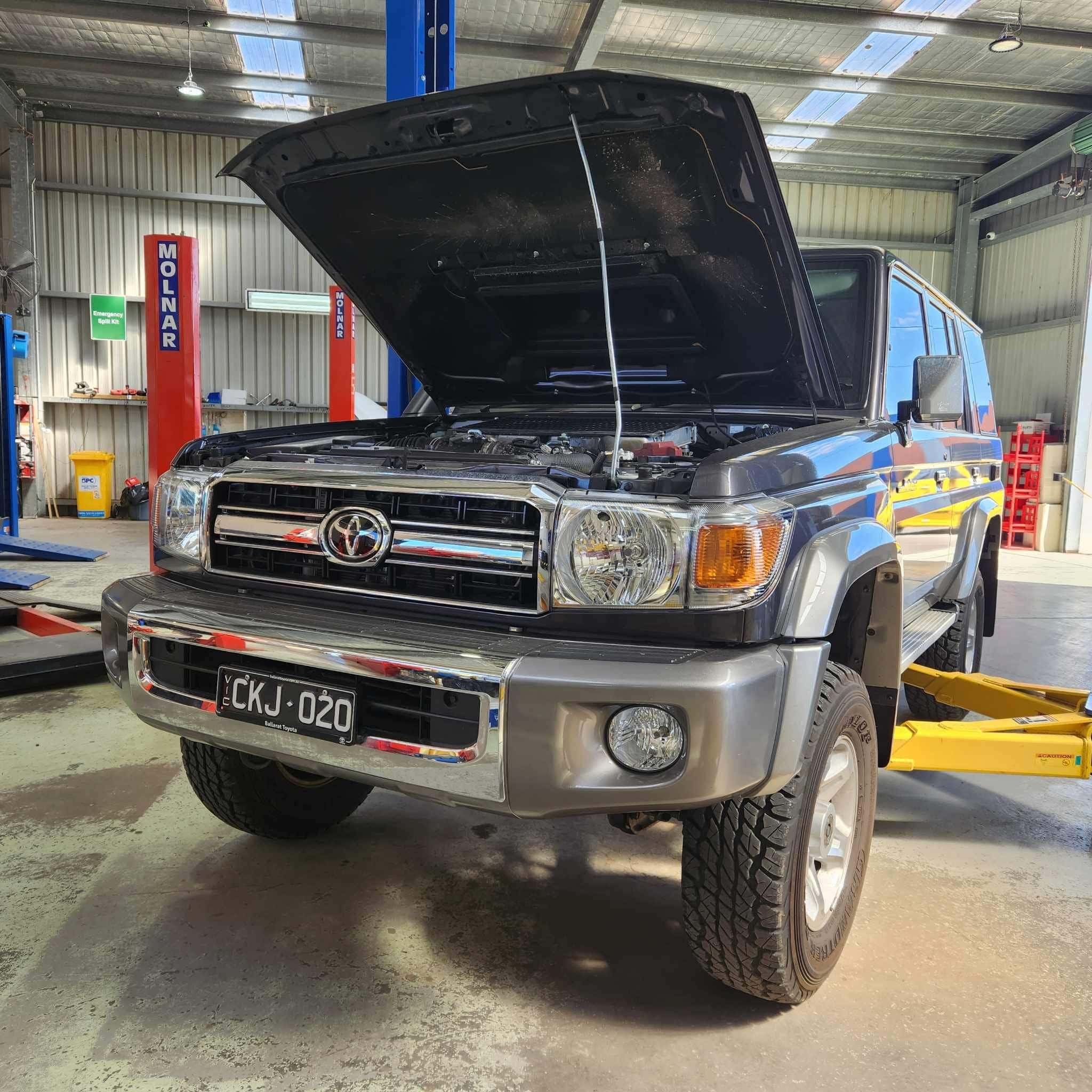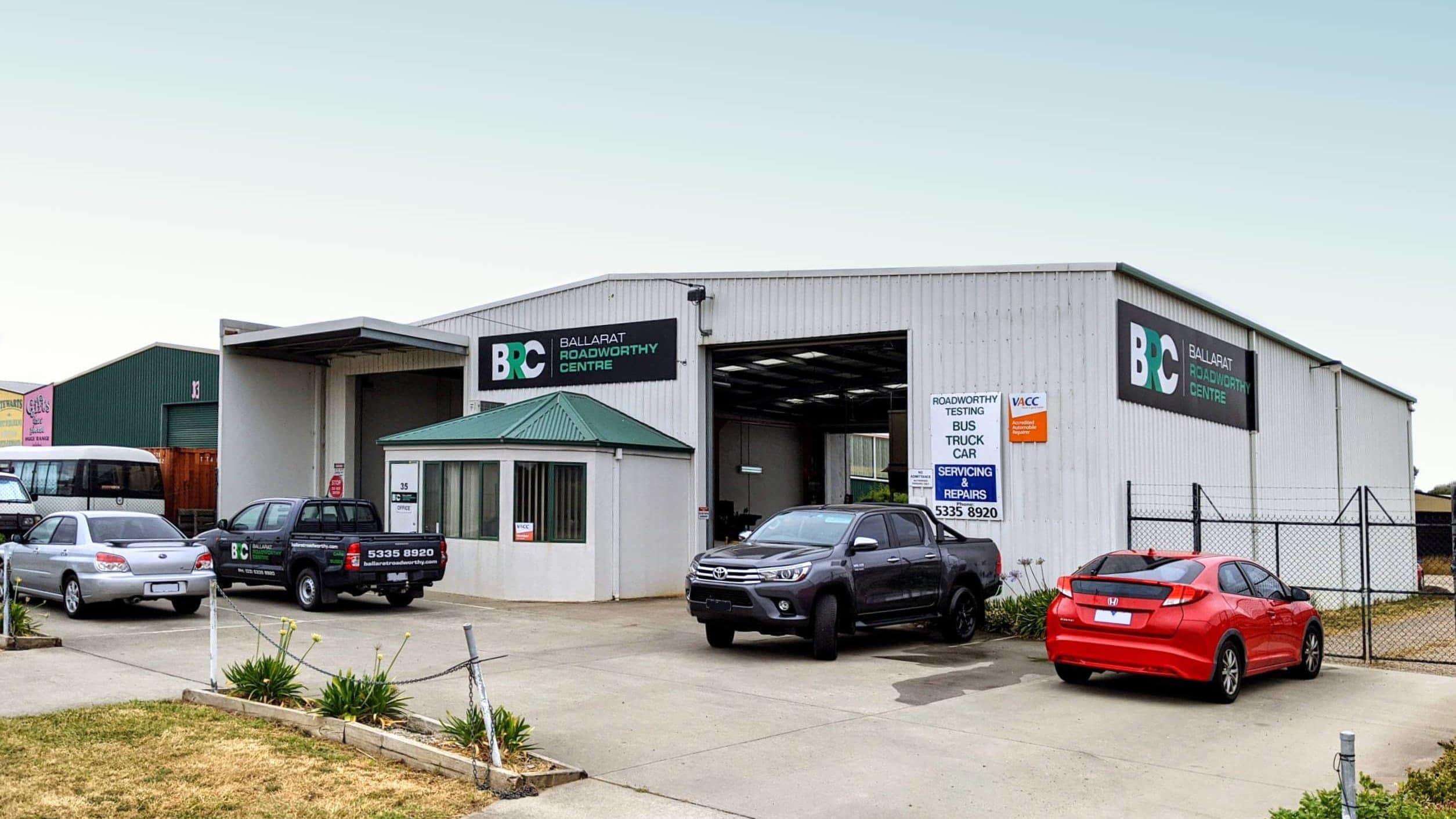Understanding the Victorian Roadworthy Certificate: A Step-by-Step Guide
If you're in Victoria and looking to sell or re-register your vehicle, chances are you've heard of the Victorian Roadworthy Certificate. But what is it, and how do you obtain one? This post will demystify the process and provide a comprehensive guide on the Victorian Roadworthy Certificate.
What is a Victorian Roadworthy Certificate?
The Victorian Roadworthy Certificate, commonly referred to as a RWC, is an assurance that a vehicle meets minimum safety standards. Administered by VicRoads, it's a requirement when selling a vehicle or re-registering a used vehicle. Its primary purpose is to ensure that vehicles on Victorian roads are safe and fit for use.
When is an RWC Required?
- Selling a vehicle: You must provide a valid RWC when transferring ownership. In some cases, when transferring to immediate family, a roadworthy may not be required.
- Re-registering a vehicle: If your vehicle's registration has expired for more than three months.
- Vehicles from other states: If you're moving to Victoria from another state, you may require an RWC to register your vehicle in Victoria.
The Process to Obtain a Victorian Roadworthy Certificate
- Select a Licensed Vehicle Tester: Ensure that the chosen vehicle tester is licensed to issue RWCs for the type of vehicle you have.
- Vehicle Inspection: The licensed tester will inspect your vehicle based on VicRoads' roadworthy standards. The components checked include tyres, brakes, windows, structure, lights, seatbelts, and more.
- Results:
- Pass: If your vehicle meets the criteria, you'll receive a RWC, valid for 30 days from the issue date.
- Fail: If your vehicle fails the test, you'll be given a rejection report detailing the areas that need attention. You have 14 days to repair the issues and return for a re-inspection.
- Repairs: If your vehicle fails the initial inspection, you'll need to get the necessary repairs done. You can choose your repairer, or the licensed tester can recommend one.
- Re-inspection: After repairs, revisit the licensed tester for a re-inspection. If all issues are rectified, the tester will issue a RWC.
Costs:
Prices for a roadworthy inspection vary depending on the vehicle's type, age, and condition. It's advisable to check with multiple licensed testers to get a cost estimate.
Important Points to Remember:
- An RWC is not an assurance of the overall reliability or condition of the vehicle.
- The roadworthy is only testing components at the time of inspection.
- It doesn't guarantee the life of components like the battery or tyres.
- An RWC doesn't replace the need for regular vehicle maintenance.
Conclusion
The Victorian Roadworthy Certificate ensures that vehicles on our roads are safe for all users. While the process may seem daunting at first, understanding the steps and requirements can make it straightforward. Whether you're a buyer or a seller, the RWC provides peace of mind that a vehicle meets Victoria's safety standards. Remember to always seek services from licensed testers, and keep your vehicle in top condition through regular maintenance. Safe driving!
Learn more about getting your Roadworthy Inspection at Ballarat Roadworthy Centre's here.


